In his brief time as manager with the U.S. men’s national team, Mauricio Pochettino hasn’t shied away from making, shall we say, interesting roster decisions. The roster at the Gold Cup was chock-full of players making their international debuts when it would have been easy to err on the side of going with experienced performers, even as some players opted to sit the tournament out.
But Tuesday’s USMNT roster strayed from bucking convention into choices that were downright mystifying.
Granted, some familiar names made their way back onto the roster. AC Milan attacker Christian Pulisic, Marseille winger Tim Weah and PSV Eindhoven defender Sergiño Dest are back in the fold after missing the Gold Cup for a variety of reasons. Clearly their presence will provide a significant boost to the USMNT. Pulisic is the team’s best attacking threat. Weah provides raw speed, the better to stretch defenses. Dest is the attacking wildcard, capable of the unexpected, and who is off to a red-hot start with PSV.
But there were some notable — and glaring — absences as well.
– USMNT roster: Pulisic back but McKennie out
– USMNT’s Pochettino on Pulisic spat: ‘Nothing to talk about’
– Will Gladbach move save Reyna’s career?
Some were grounded in plenty of logic. Antonee Robinson just saw his first minutes with Fulham last weekend after missing all of the club’s preseason matches as he recovered from knee surgery. PSV’s Ricardo Pepi was in a similar situation, and AS Monaco’s Folarin Balogun shook off a calf injury to make his season debut. That none of this trio was called up makes perfect sense. Keeping them with their clubs allows these players to get more of a fitness base underneath their legs and then be available for the next window in October.
Some players, like Borussia Mönchengladbach’s Gio Reyna and the New England Revolution’s Matt Turner recently switched clubs. Another, AC Milan’s Yunus Musah, might be doing so in the near future, though his preference is to stay and fight for his place with the Rossoneri. That too, seems rational.
Other exclusions were shocking, however. Weston McKennie was the biggest omission. Granted, his playing time has steadily decreased over the course of preseason and the start of the Serie A campaign. Last weekend, McKennie didn’t get on the field until the 89th minute as 10-man Juventus prevailed over Parma, 2-0.
But Pochettino appeared to tie himself into knots trying to explain why McKennie was omitted.
“We know Weston,” was one explanation. He then said he wanted McKennie to be “more settled in his club,” giving him a chance to crack the starting lineup. When asked to compare McKennie’s situation to that of Pulisic, Pochettino brought up McKennie’s participation at the Club World Cup, and the fact that Pulisic didn’t play in the tournament and was therefore more rested.
The shifting explanations invite confusion rather than clarity. It’s not as if Weah, who also played at the Club World Cup with Juventus, wasn’t dealing with the same level of fixture congestion as McKennie. And yet, Weah was called in but McKennie was not. Plus, when it comes to the USMNT, McKennie isn’t some fringe performer — he’s someone who has been a fixture for the last seven years.
Even if you accept Pochettino’s explanation at face value, one would think that the next player up would be someone like Lyon’s Tanner Tessmann or Middlesbrough’s Aidan Morris, both of whom are off to impressive starts with their respective clubs. But nah, Pochettino opted for the Columbus Crew’s Sean Zawadzki, who has spent more time at center back this season than in midfield.
There’s more. At center back there was no room for Mark McKenzie, who is off to a strong start with Toulouse in France’s Ligue 1 this season, with Pochettino going for Vancouver’s Tristan Blackmon and 18-year-old FC Augsburg prospect Noahkai Banks.
At outside back, Dest is the only new addition from the squad that played at the Gold Cup. Columbus’ Max Arfsten, the Philadelphia Union’s Nathan Harriel and Orlando’s Alex Freeman remain. Was there really no room for Borussia Mönchengladbach’s Joe Scally?
In some parts of the field, this new roster feels like an unexpected changing of the guard. John Tolkin’s exploits with Holstein Kiel, where he’s scored twice in his last two games, didn’t count for much either.
Pochettino did say that this camp is the last opportunity for players who have been on the outside of the USMNT setup to make an impression. What he views as his current pool of performers runs 65 players deep. He added players shouldn’t fret over not being called into this camp.
“I think the players [don’t] need to be worried,” Pochettino said. “They need to perform. They need to really believe that they can be part of the squad, and for sure our job is to select the players and … and to see the player and the way they want to play. And so, we want to be sure that we will select for the last roster before the World Cup the best player to project what we want on the pitch.”
But another explanation of Pochettino’s felt closer to the mark. At one point, he said, “No one has their place [assured]. And that is my message for everyone. They have to fight.”
Pochettino has at times lamented the lack of grit in the team. That passivity was especially evident at the Concacaf Nations League last March. The tenacity reappeared at the Gold Cup, albeit with a younger crop of performers eager to prove themselves. It could very well be that there are some players he is trying to light a fire under.
“When you see different national teams, national teams that won World Cups, I think you really understand what it means, that players need to feel the threat from your teammate and they need to defend the place in every single possibility,” he said.
Will Pochettino’s mixture of tough love and mad scientist mode pay off? It’s a huge gamble.
At some point, Pochettino needs to start thinking about what will constitute his final squad. The World Cup is less than 10 months away, and preparations have been hampered by a number of factors, including the compressed time frame brought on by the delay in rehiring Gregg Berhalter, to letting him go, to then hiring Pochettino.
The Gold Cup was supposed to be the time to iron things out for the presumed starters, only for player absences running into double digits forcing a change in plan. In some respects, the upcoming camp feels like more of the same.
Including the September window, there are just four more opportunities left before the team convenes for a pre-World Cup camp next May. Chemistry needs to be established. Relationships need to be forged. With this collection of players, it’s not at all clear that the opportunity offered by the September window is being maximized.


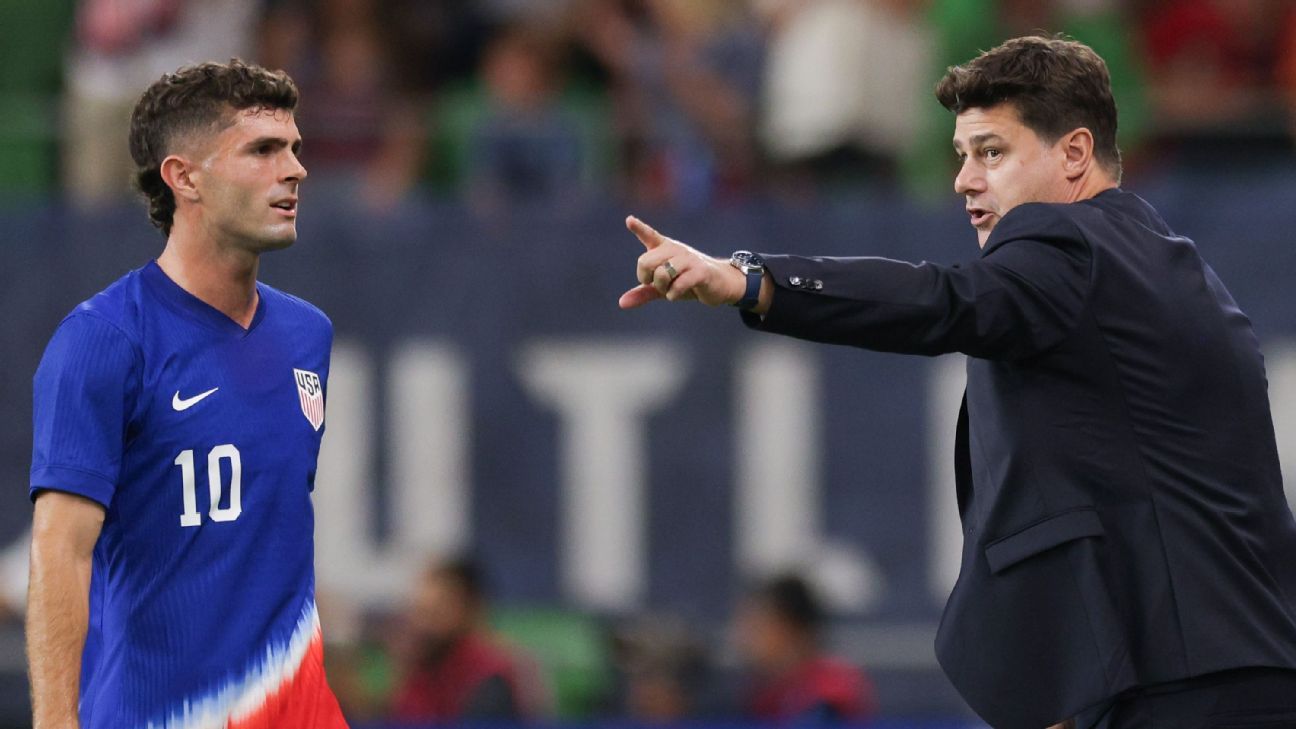
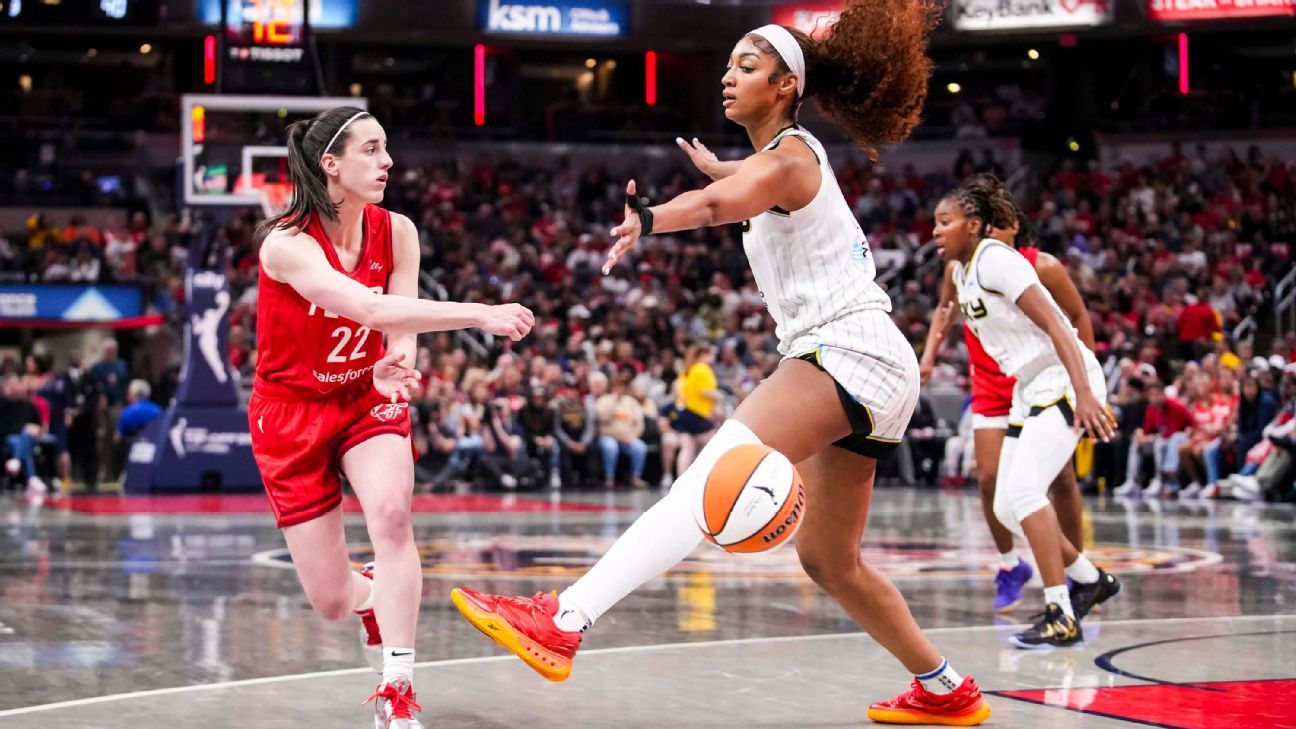
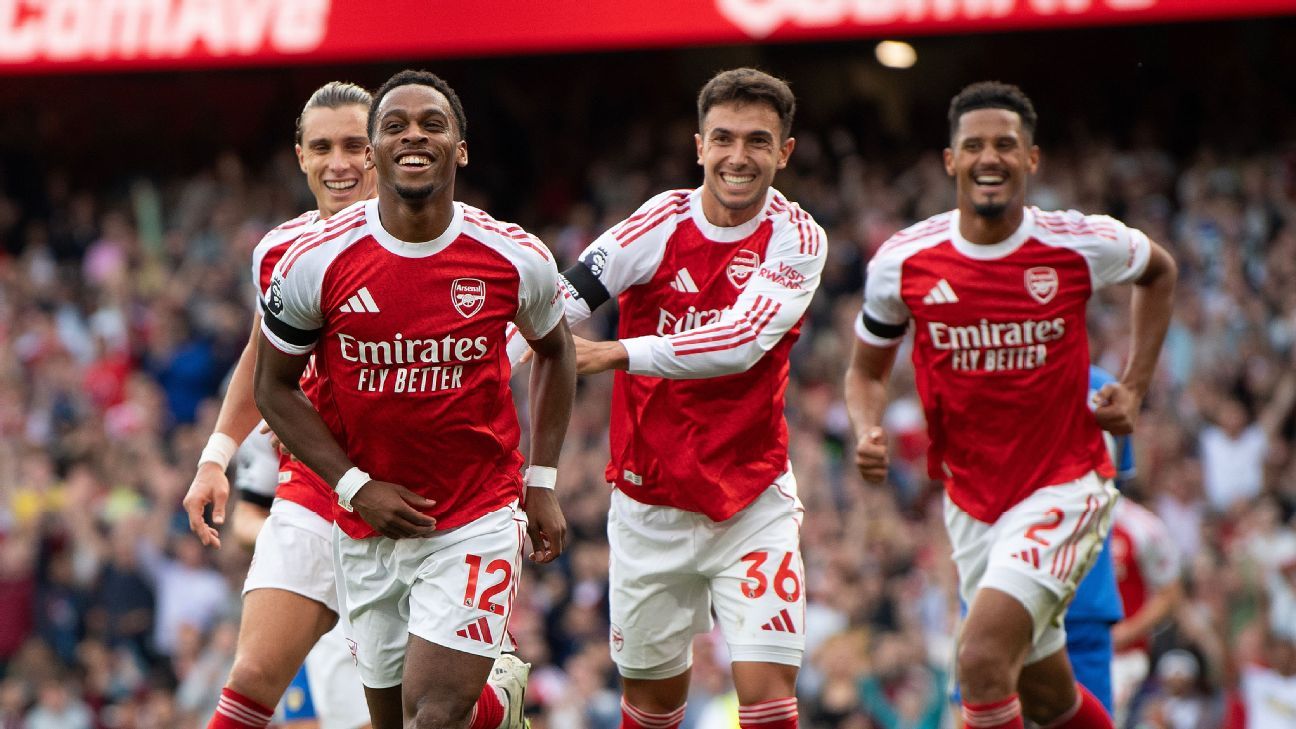

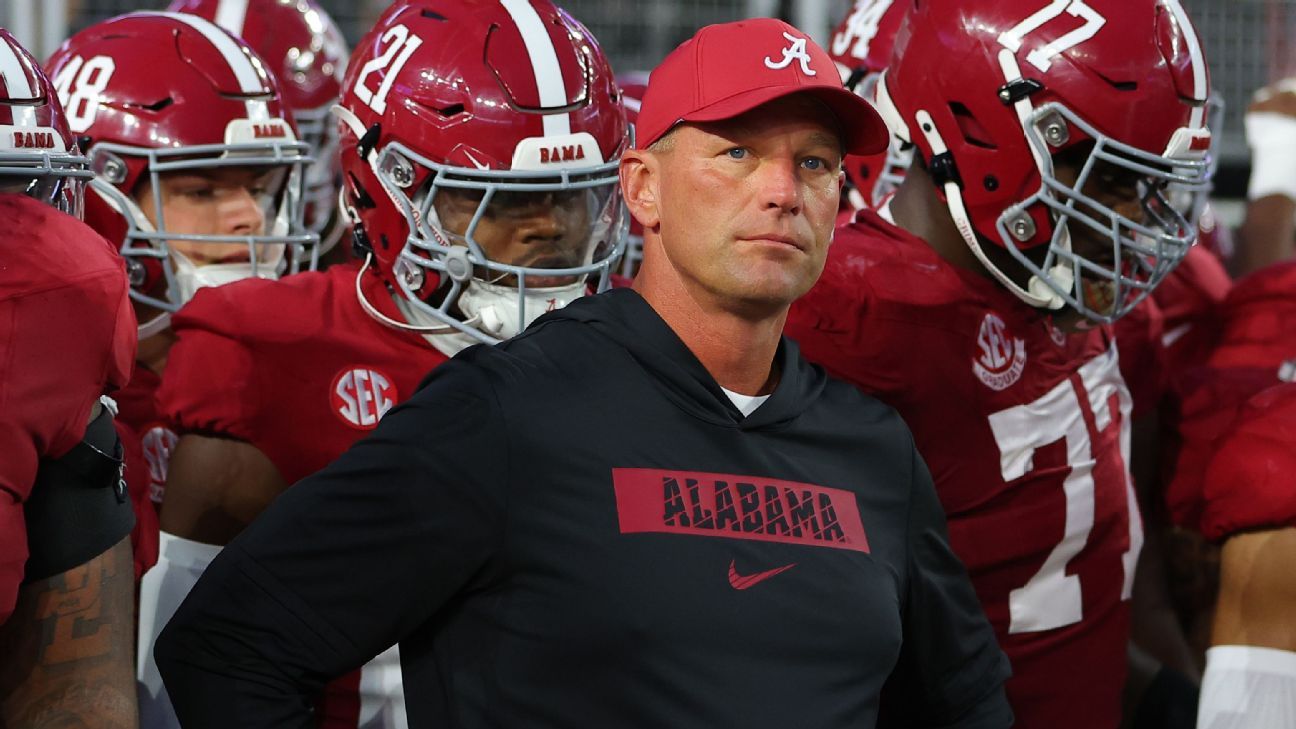
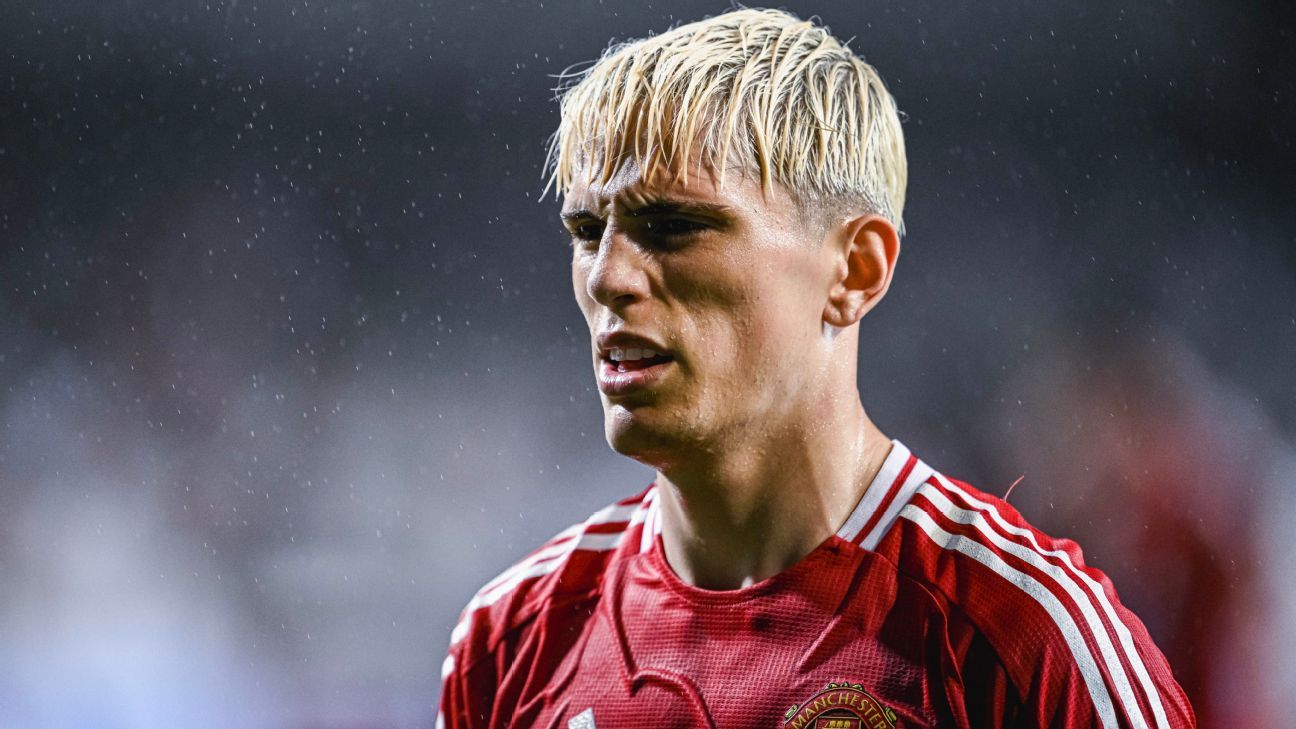
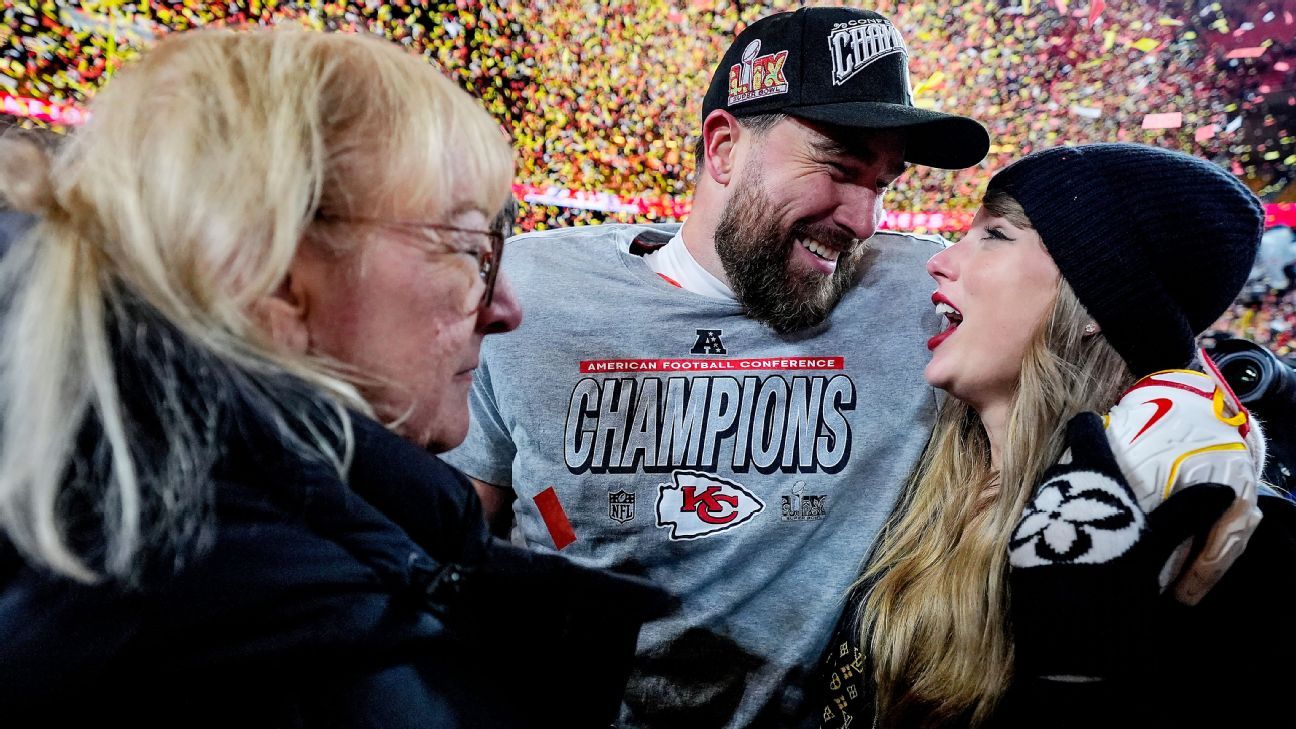
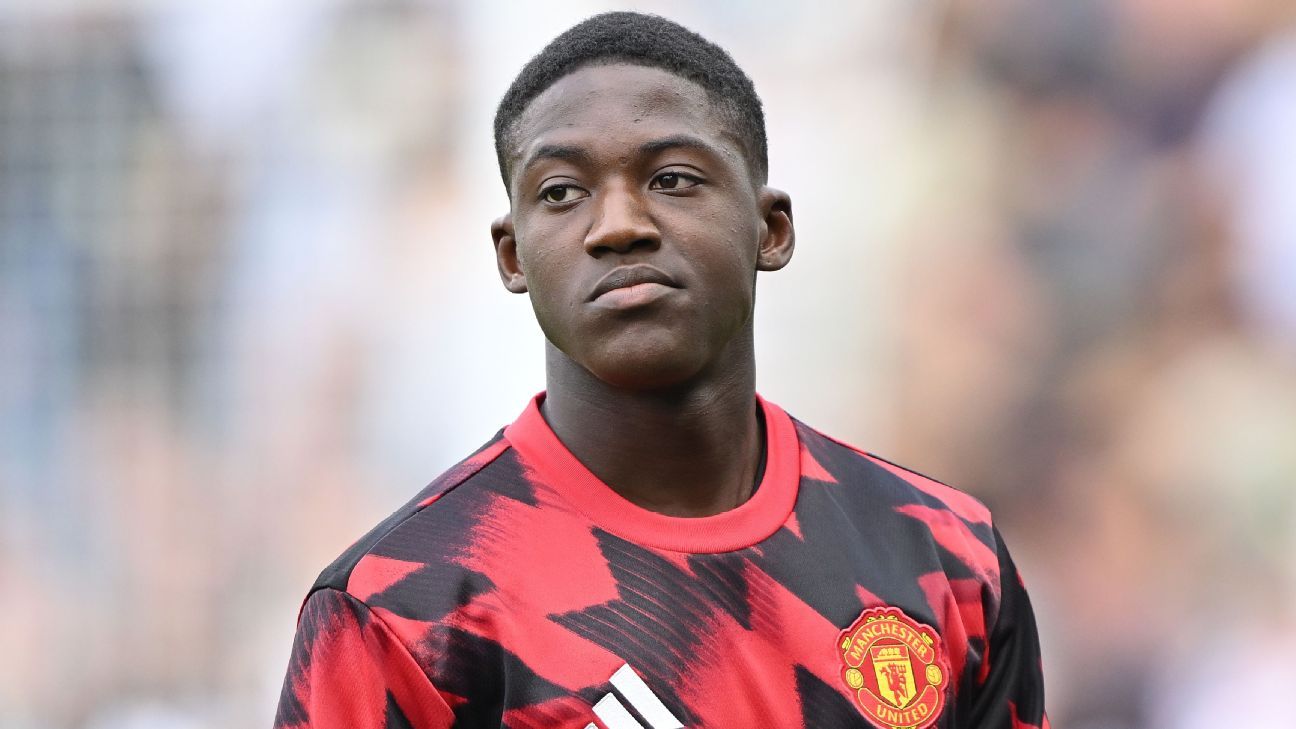

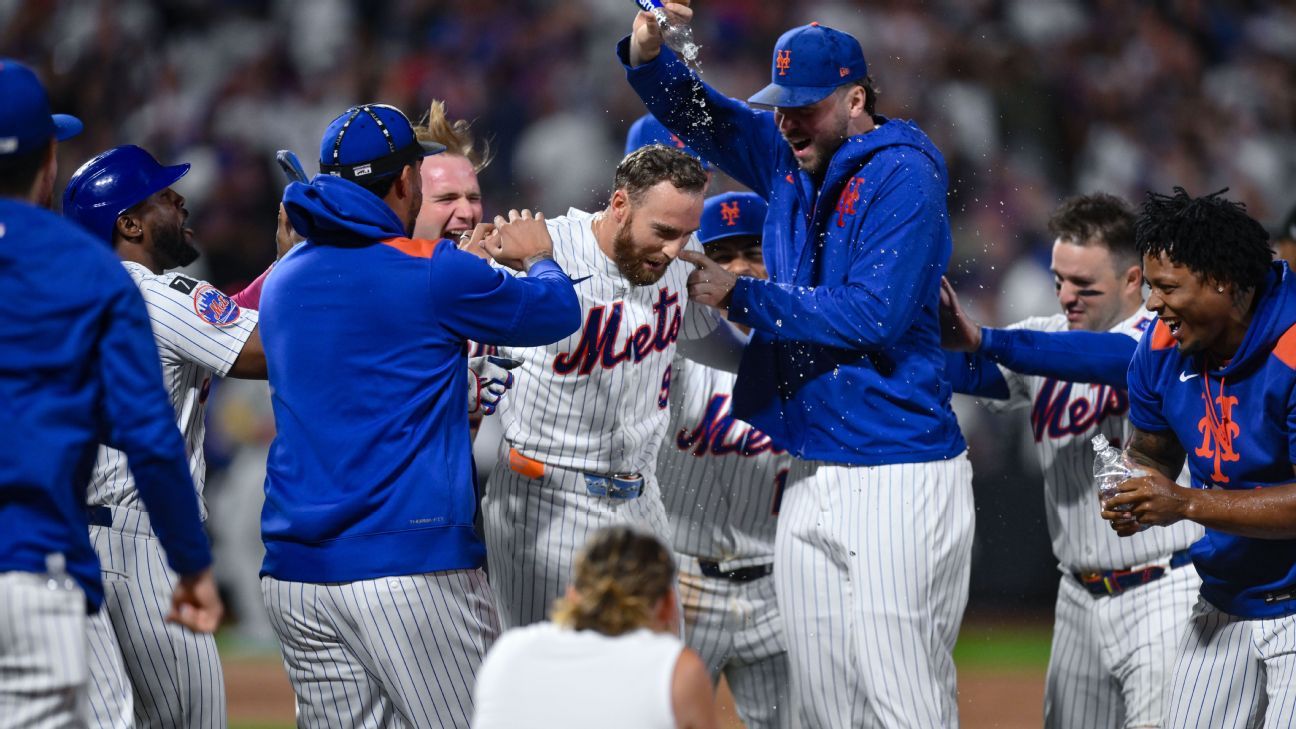
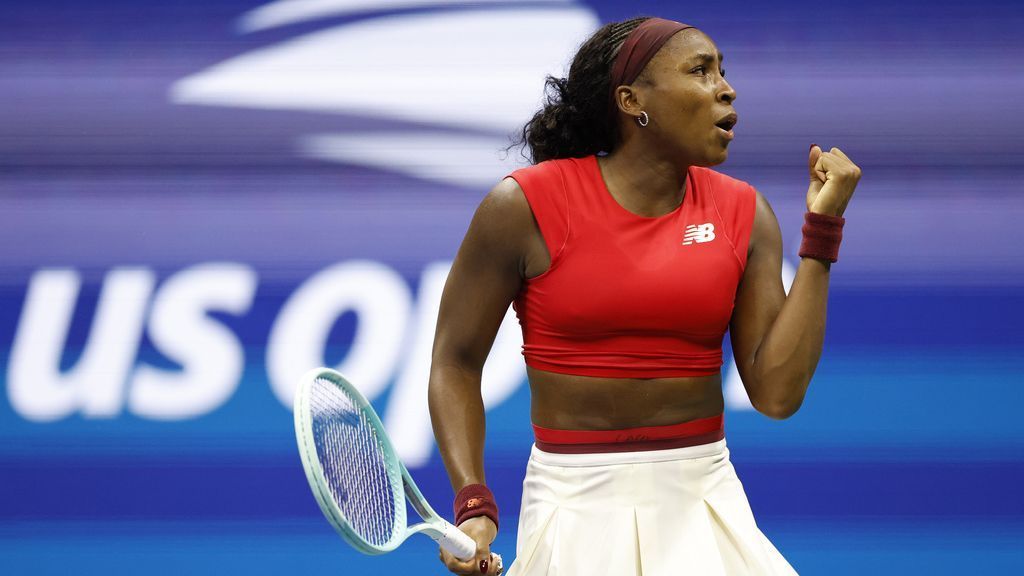
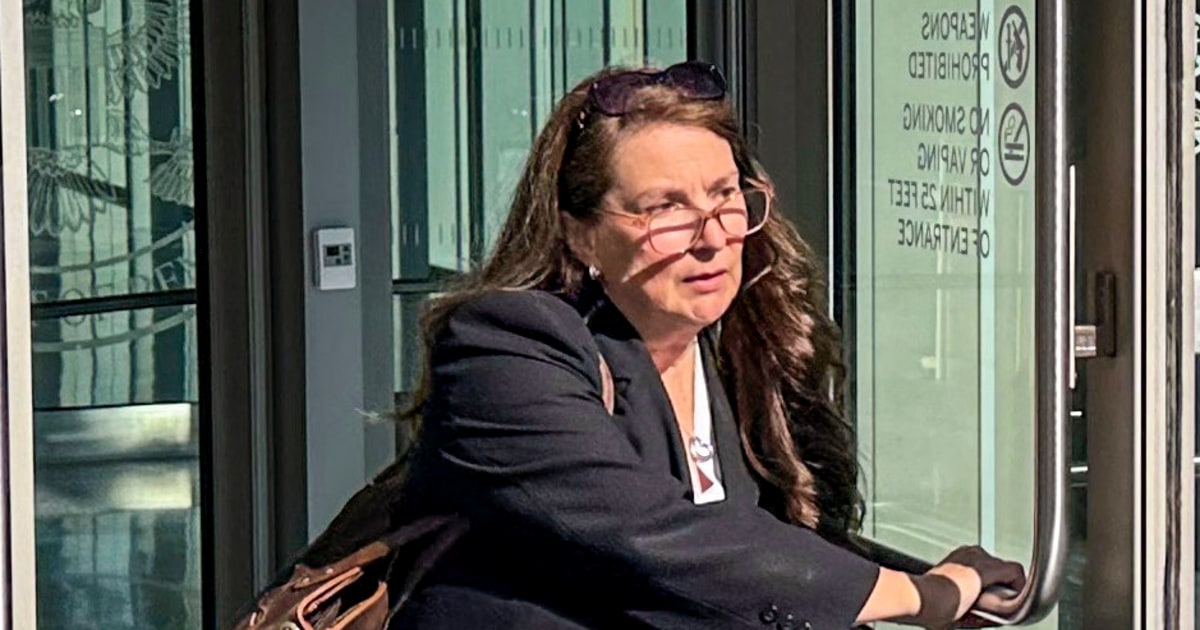

Leave a Reply